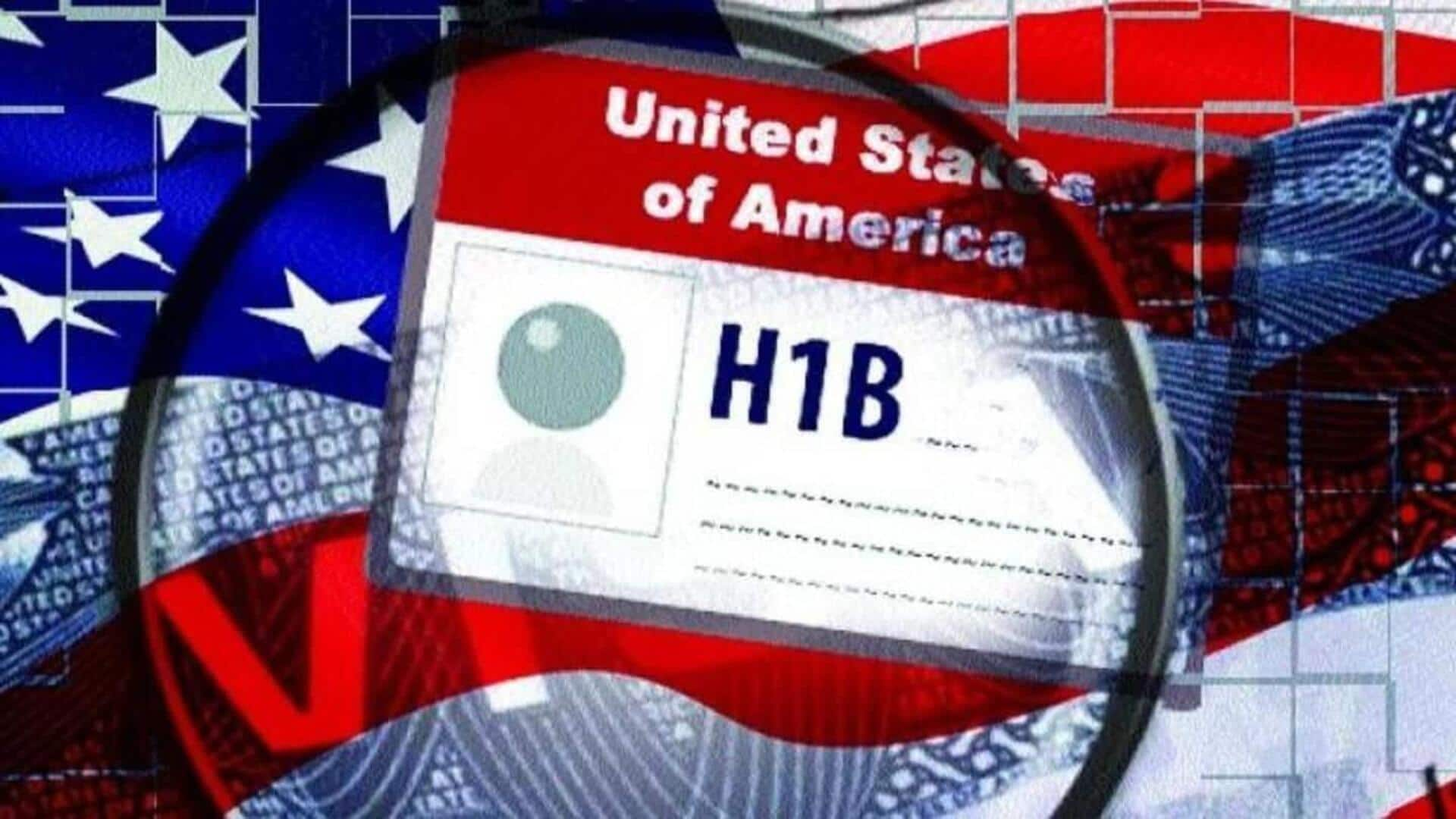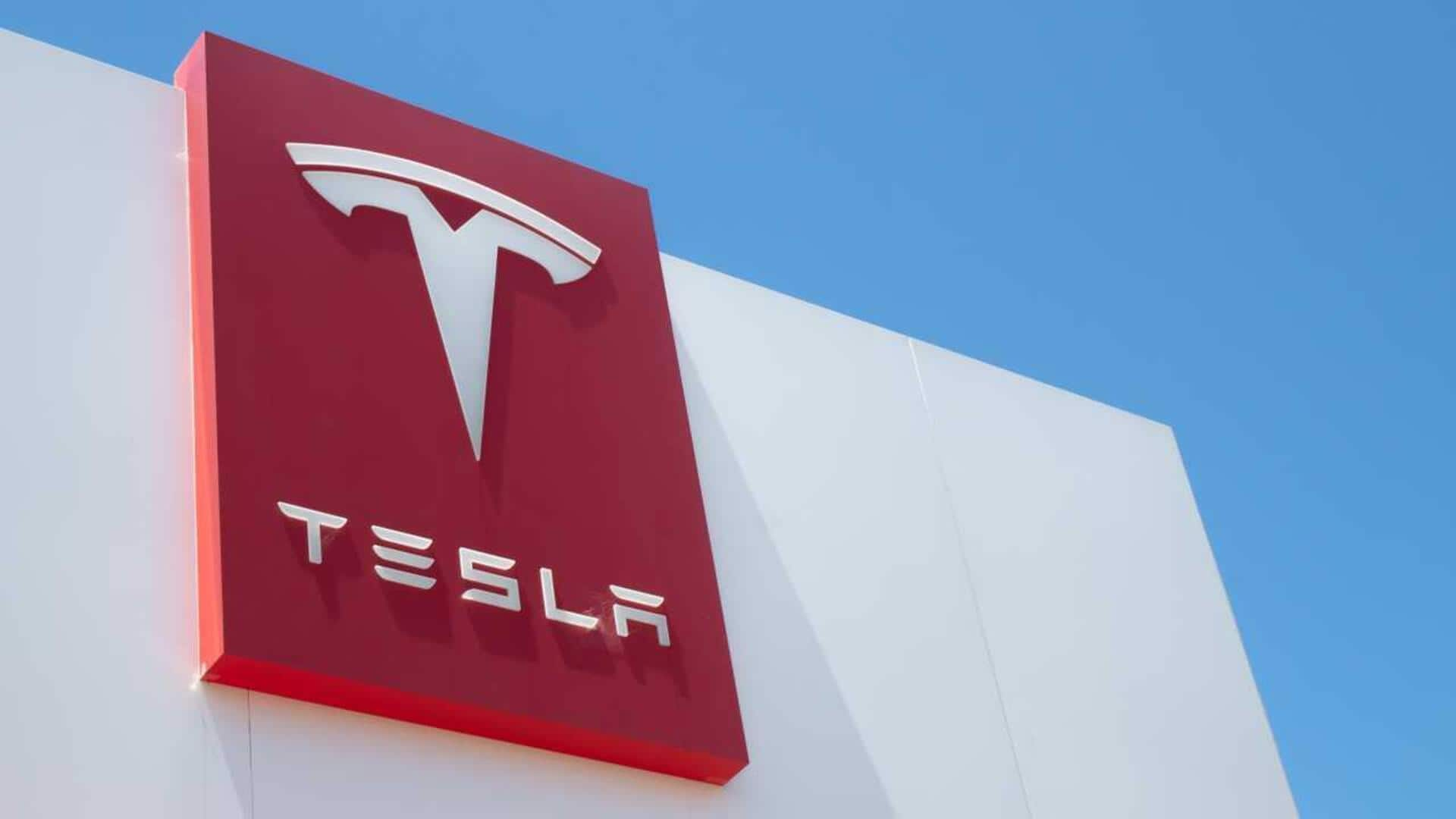**US Firms Accelerate Shift to India Amid Trump’s Visa Restrictions**
*By Mudit Dube | Sep 30, 2025 | 01:12 PM*
US President Donald Trump’s recent hike in H-1B visa application fees is prompting American companies to increasingly shift their work to India, according to a Reuters report quoting industry experts. This shift is expected to accelerate the growth of Global Capability Centers (GCCs) in India, which manage a broad range of operations—from finance to research and development.
### GCC Growth in India
India, the world’s fourth-largest economy, hosts over 1,700 GCCs—more than half of the global total. Over the years, the country has transitioned from being primarily a tech support destination to becoming a hub for high-value innovation across diverse sectors, including drug discovery and luxury car design.
This transformation is further driven by rising artificial intelligence adoption and stricter US visa regulations, which are reshaping how companies allocate their workforce.
### Strategic Workforce Reassessment
Rohan Lobo, partner and GCC industry leader at Deloitte India, notes that US firms are reassessing their workforce needs in this context. “GCCs are uniquely positioned for this moment. They serve as a ready in-house engine,” he said.
The strategic shift is already evident in sectors such as financial services and technology, especially among companies with exposure to US federal contracts.
### Policy Changes Impacting Visa Costs
This month, President Trump dramatically increased the cost of new H-1B visa applications—from the previous range of $2,000–$5,000 up to $100,000. This sharp rise has added significant pressure on US firms that depend on skilled foreign workers to fill critical talent gaps.
Additionally, US senators recently reintroduced legislation aimed at tightening rules governing the H-1B and L-1 worker visa programs, signaling further regulatory scrutiny ahead.
### Transfer of High-End Work to India
Industry experts predict that US companies will increasingly move high-end work related to artificial intelligence, product development, cybersecurity, and analytics to their GCCs in India. Companies prefer keeping these strategic functions in-house rather than outsourcing them externally.
Recent policy changes have intensified discussions about relocating high-value work to GCCs—an ongoing trend many companies have already been exploring.
### Offshoring Trends and Urgency
Lalit Ahuja, founder and CEO of ANSR (which assisted FedEx and Target in setting up their GCCs), highlights a growing “sense of urgency” among US firms to move work to India.
Ramkumar Ramamoorthy, former managing director at Cognizant India, warns that this acceleration could potentially lead to “extreme offshoring” in some cases.
According to an executive from a retail GCC, companies are facing a choice: either move more roles to India or consider nearshoring alternatives in countries like Mexico or Colombia.
—
The combination of rising visa costs and tightening regulations in the US is prompting a significant strategic realignment. As a result, India’s position as a global innovation and operational hub is poised to strengthen further in the coming years.
https://www.newsbytesapp.com/news/business/trump-s-h-1b-visa-fee-hike-pushes-us-firms-to-india/story



